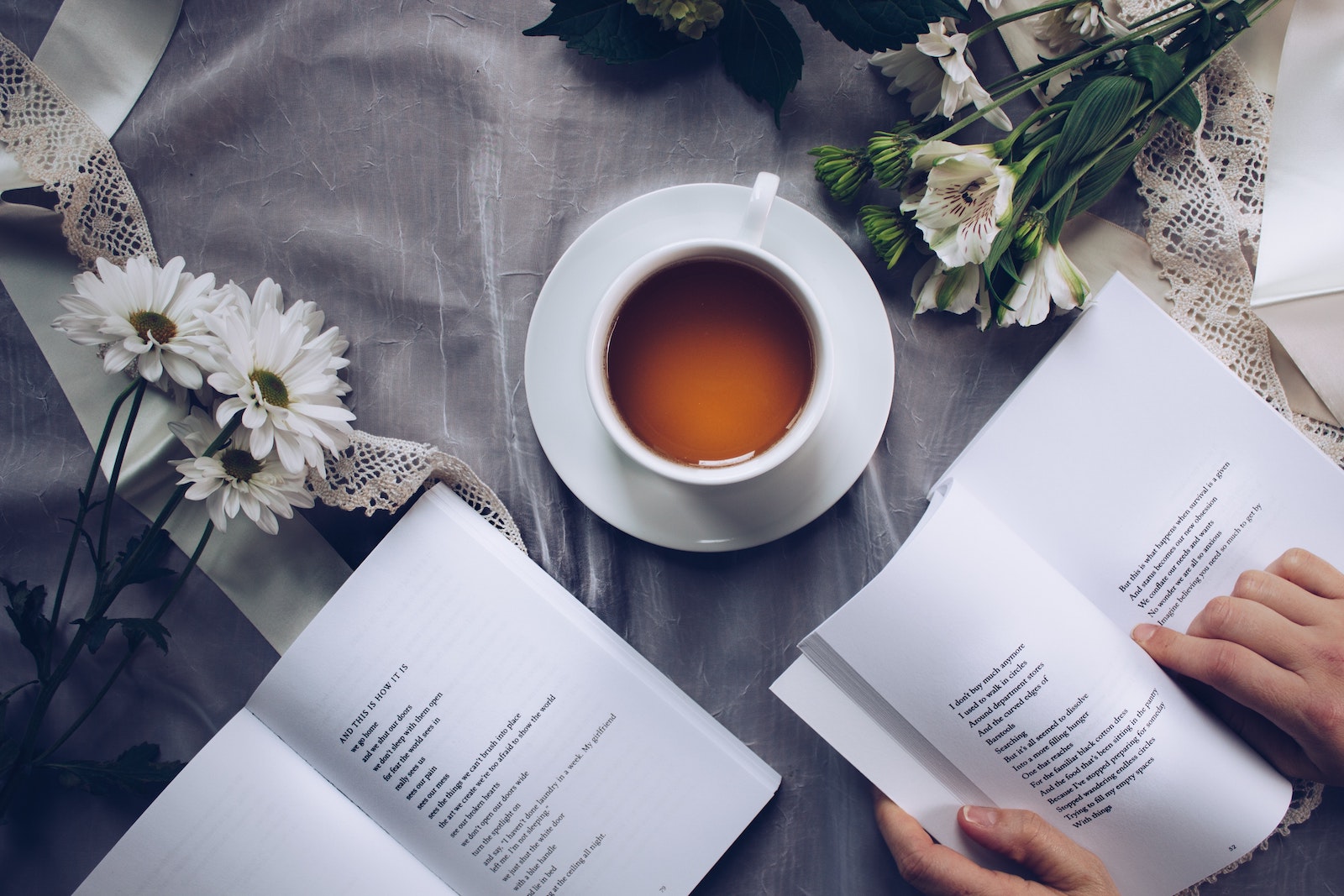
5 Questions to Help Musicians Stay Positive
A Guest Post by Creativity and Career Coach Astrid Baumgardner
The Coronavirus pandemic has dramatically changed the lives of today’s performing artists. With stay-in-place orders and social distancing prevalent throughout the world, live events, performances and music festivals from Aspen to Bayreuth have been suspended and much of our life is now spent on-line. In the best of times, musicians, particularly freelancers, juggle multiple sources of work and revenue streams and live performances make up the bulk of their work. With these event cancellations, musicians are having a hard time financially.
It’s easy to feel like a victim of the Coronavirus pandemic and not know what to do. One strategy is to look for ways to be optimistic and hopeful about the future. Indeed, even in challenging times, there are many ways to cultivate optimism and stay positive.
Here are five questions that can help today’s musicians to stay positive through the Coronoavirus shut-down.
1. What can I control?
The Cornonavirus pandemic is outside of our control. However, there are many things which you can control.
- Cook and eat nourishing meals;
- Get plenty of sleep;
- Daily exercise;
- Meditate;
- Follow the social distancing guidelines; and
- Limit the amount of news that one consumed.
Consult these resources for ways to help you take control of your life during the pandemic:
An excellent list of resources is the Greater Good Center at UCBerkeley’s Guide to Well-being During Coronavirus.
If working from home is a challenge, here are some helpful resources on how to maintain your physical and mental well-being while working remotely.
Here are some Mental Health Coping Strategies from the National Alliance on Mental Illness.
2. For what am I grateful?
Gratitude is feeling a sense of wonder, thankfulness and appreciation for life. When you acknowledge the things for which you are grateful, you generate positive emotions. Being grateful connects to others and to something larger than yourself. It is therefore no surprise that practicing gratitude can make you happier.
You can incorporate gratitude into your life in several ways:
- Write 3 things that you are grateful for. Positive psychologists have long advocated making a daily gratitude list as a way to training your brain to focus on the positive aspects of your life.
- Keep a gratitude journal
- Tell someone either by speaking or by writing a thank-you letter, the positive impact that the person has had on your life and how much you appreciate him/her
- Meditate and focus on something for which you are grateful.
Despite the changes in their lives during the Coronavirus pandemic, we can be grateful for many things in this difficult period:
- the technologies that are keeping us connected;
- our families and friends;
- music;
- having more free time (see below).
3. What’s the opportunity?
Social distancing during the Coronavirus pandemic means that you probably have more time to do things that you have been putting off.
With the cancellation of performances and tours, musicians are pursuing creative projects for which they normally do not have time. The music critics from the New York Times spoke with several of today’s leading musicians to learn how they were coping with the shut-down. These include:
- Learning new repertoire or revisiting old repertoire (Mitsuko Uchida, Emmanuel Ax, Jaap van Sweden, Lang Lang);
- Writing a memoire (Barbara Streisand);
- Learning Javascript (Daniel Trifonov);
- Developing a digital season for Jazz at Lincoln Center (Wynton Marsalis);
- Curating a bi-weekly Facebook Live event (Nadia Sirota).
Indeed, ensembles are finding creative ways of collaborating. Even choirs and orchestras are finding ways of making music together in self-isolation, thanks to technology. https://www.classicfm.com/music-news/coronavirus/self-isolating-choirs-orchestras-perform-concerts/. And how many of us enjoyed tuning into the Met Opera Gala last week, not only to hear great music but also to peak into the homes of some of our favorite musicians! (There are some clips on YouTube if you missed it!)
Let’s face it. Nothing can substitute for live performance. But we can still access classical music during the shut-down. In fact, one can stream classical music for free every day. For a guide to what’s streaming now, check out Musical America’s list of weekly music streams and Opera America’s guide to streamed opera. Music journalist Rosie Pentreath argues that the Coronavirus pandemic has changed classical music for good. One of the nine examples she cites is that many more people around the world are accessing classical music on-line which could very well challenge the perception of the dying classical music audience.
Many shuttered musicians are taking advantage of online teaching to expand the reach of their work and generate income. Since so many of us are sheltering in place, having a music lesson is a welcome opportunity to continue learning music. I, for one, am enjoying my weekly piano lessons with my teacher who normally spends most of his time on the road performing!
And here’s what many of my musician friends and students are finding the time to do:
- Practice more self-care
- Relax
- Practice the piano for fun
- Learn a new instrument
- Take an on-line class
- Learn how to cook
- Improve language skills.
What’s on your list?
4. How can I be of service?
Another way to manage yourself through the Coronavirus pandemic is to see how you can help others and be of service.
Being of service is a great way to connect with others in a meaningful way. Helping others is a way to be happier and experience a sense of purpose. In fact, research shows that being of service helps to release endorphins, which result in “helper’s high”. Moreover, helping others helps you to stay physically and mentally healthy.
Musicians can be of service by sharing their music on-line and finding ways to support their colleagues. Violinist Jenny Koh has developed an on-line project and performance series called “Alone Together” to support freelance composers. She has commissioned 21 composers with salaried positions who are creating short works for solo violin and donating a $500 commission free to freelance composers. The works are being streamed on-line every Saturday at 7pm.
Other ways that musicians can be of service are:
- Do errands for elderly neighbors
- Reach out to family and friends to provide social support
- Rigorously following the social distancing guidelines as a matter of public health
5. Will this matter in a week..a month..a year?
During the Coronavirus pandemic, it helps to contextualize the challenge. You can do so by asking the following questions:
Will this matter in a week?
In a month?
In a year?
As difficult as the current situation is, it will not last forever. Adam Krathamer, a New York freelance horn player and President of Local 802 of the American Federation of Musicians, recently shared his views on the Coronavirus situation at a panel at the Yale School of Music. His advice?
The world needs music, both as a source of inspiration and as an important economic driver in our culture. Things will come back so be patient.
Bottom Line:
The Coronavirus pandemic has changed many things for now. However, you can take control over the situation by following these guidelines.
TAGS: CORONAVIRUS, CULTIVATE OPTIMISM, GRATITUDE, OPPORTUNITY
Yale faculty member Astrid Baumgardner, JD, PCC, loves helping creatives to be successful! Trained as a lawyer and career coach, Ms. Baumgardner teaches creativity and career entrepreneurship and heads the Office of Career Strategies at the Yale School of Music and is president of her coaching company, Astrid Baumgardner Coaching+Training. A leading voice in arts entrepreneurship, she is the author of the book, Creative Success Now. Ms. Baumgardner coaches and guest lectures on creative success at universities and festivals including The Juilliard School, Norfolk Chamber Music Festival, and the Sō Percussion Summer Institute. She also conducts leadership training workshops at OPERA America and Ensemble Connect, the teaching artist academy at Carnegie Hall. As a result of their work together, her students and clients are thriving as professional musicians, arts leaders, academics, and entrepreneurs.
A lifelong amateur pianist and champion of new music, she is a board member and past board chair of the percussion quartet, Sō Percussion, and board member, past chair, and co-chair of the board of the American Composers Orchestra.
For more information, please visit https://www.astridbaumgardner.com.

